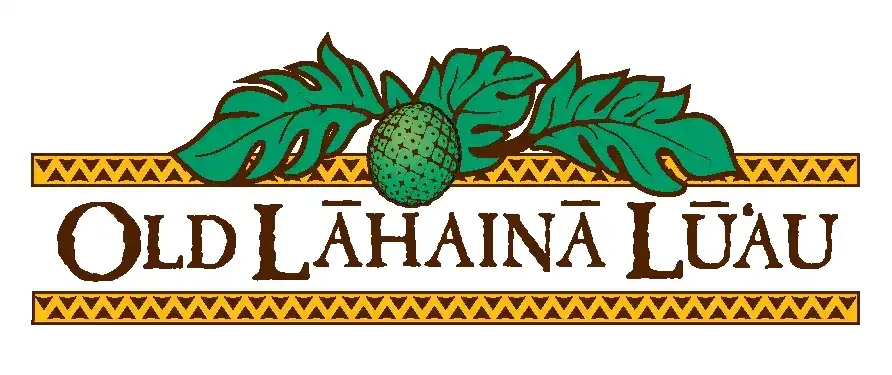Five Tips to Protect Yourself from Utility Scams
The Hawaiian Electric Company (HECO) said Hawaiʻi residents and small businesses have recently been losing thousands of dollars to scam artists posing as utility workers and bill collectors. As part of national Utility Scam Awareness Week, local utilities, police, and consumer experts are joining forces to protect customers from these scams.
The Hawaiian Electric Companies, Hawaiian Telcom, Hawaiʻi Gas, Board of Water Supply, and Kauaʻi Island Utility Cooperative have partnered with the state Office of Consumer Protection and Honolulu Police Department to combat scammers.
“Unfortunately, scammers are always looking for potential victims, and the utility scam is one of the common ruses,” Honolulu police deputy chief John McCarthy said. “Whenever you receive a phone call or email or letter that sounds suspicious or out of the ordinary, always check with the organization or business before making any payment or giving out personal financial information. You don’t want criminals to get your hard earned money.”
According to HECO, scammers are targeting customers who rely on vital services including electricity, water, gas, and telecommunications, which often see a spike in scams during the holidays.
Tips for avoiding these scams are listed below:
- If the caller says your utility account is delinquent and threatens to shut off service
- immediately unless a payment is made, it’s a scam.
- If someone calls from a utility demanding immediate payment over the phone via money
- transfer, prepaid debit cards, or by Bitcoin, it’s a scam.
- If the caller asks to meet the customer in person to pick up a payment, it’s a scam.
- If you receive an email from your utility urging you to click on an embedded link or
- attachment to resolve a utility issue or pay a bill, think before you click. It’s likely a scam.
- If a utility worker shows up at your home or place of business, ensure that person is
- wearing official attire with a logo, driving a properly labeled vehicle, and carrying
- company identification. When in doubt, call the utility’s customer service center.









